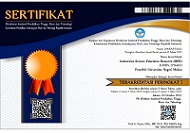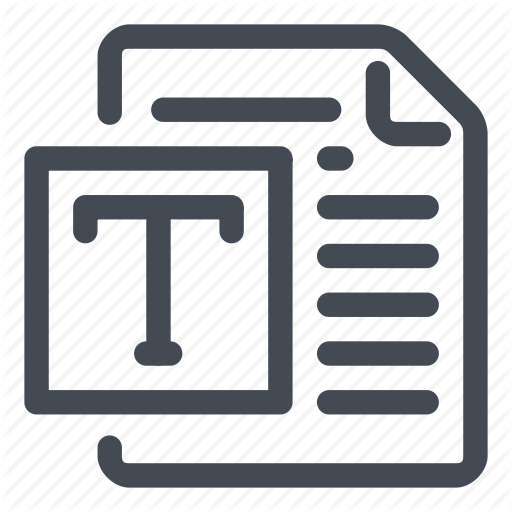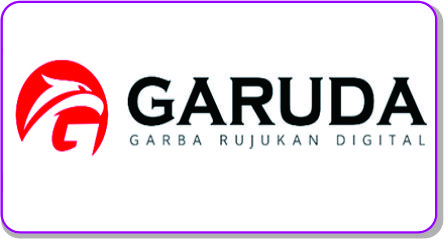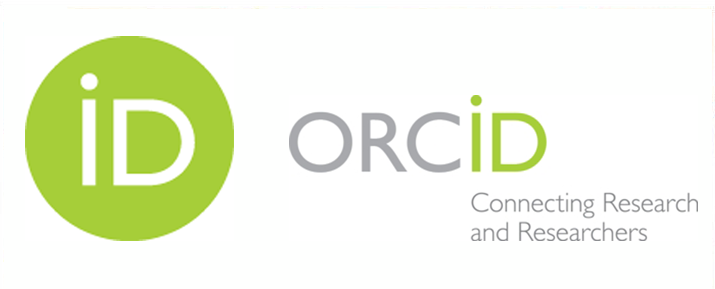THE INFLUENCE OF SCIENTIFIC INQUIRY MODEL ON SCIENCE PROCESS SKILLS IN ELASTICITY AND HOOKE LAW LEARNING MATERIAL
Abstract
This study aims to determine the effect of the scientific inquiry model to improve students' science process skills on the subject matter of elasticity and hooke's law. This type of research was a quasi experiment with a control group design pre-test post-test. The population of this study were all Eleven (XI) class Senior High School 18 Medan in 2019/2020 academic years. The research sample was taken by using cluster random sampling technique which took 2 classes from 4 classes, namely class XI MIPA 1 as the experimental class and XI MIPA 4 as the control class with 26 students each. The instrument used was a cognitive question in the form of an essay with 7 questions that had been validated first. Before learning was carried out pretest, based on the results of pretest data processing, the average value of the experimental class was 15.49 and the control class was 12.09. The results of the pretest conducted by hypothesis testing with t-test at a significant level = 0.05, it was found that the initial abilities of the two samples were the same in terms of science process skills. Furthermore, learning was carried out using the scientific inquiry learning model in the experimental class and conventional learning in the control class. After being given a different treatment model, the two classes conducted a postest to see the students' final abilities. The average value of the experimental class was obtained 78.24 and the control class was obtained 69.67. Based on the hypothesis test with the t-test, it was found that there was a significant difference, which means that there was a significant influence from the scientific inquiry model on science process skills accompanied by an assessment of students' science process skills activities.
Full Text:
PDFDOI: https://doi.org/10.24114/iser.v2i1.20174
Article Metrics
Abstract view : 251 timesPDF - 167 times
Refbacks
- There are currently no refbacks.

This work is licensed under a Creative Commons Attribution 4.0 International License.








